Popular products
-
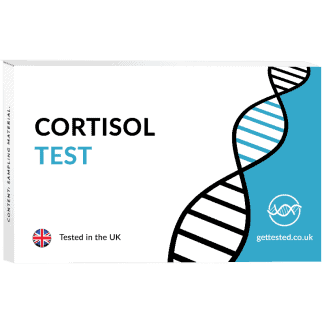 Cortisol Test
Rated 5.00 out of 569,00 €
Cortisol Test
Rated 5.00 out of 569,00 € -
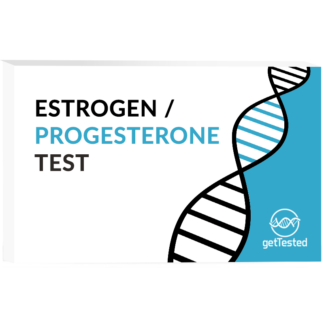 Estrogen & progesterone test
Rated 5.00 out of 579,00 €
Estrogen & progesterone test
Rated 5.00 out of 579,00 € -
 Allergy & Food Intolerance Test
Rated 5.00 out of 5129,00 €
Allergy & Food Intolerance Test
Rated 5.00 out of 5129,00 € -
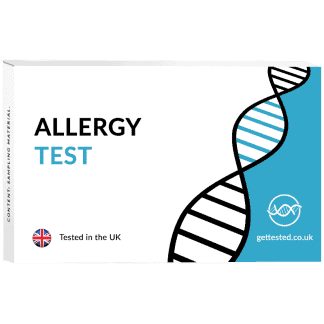 Allergy Test
79,00 €
Allergy Test
79,00 €
-
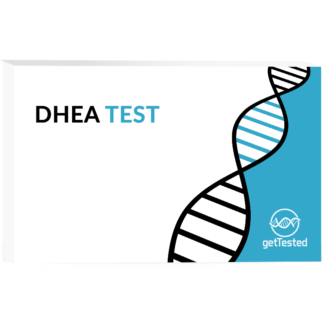 DHEA Test
59,00 €
DHEA Test
59,00 €
-
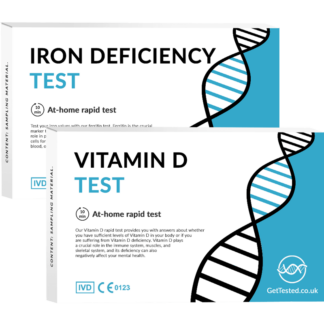 Nutrition Bundle (rapid tests)
Nutrition Bundle (rapid tests)
38,00 €29,00 €
Articles
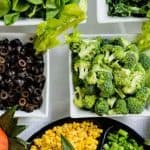 A beginner’s guide to a healthy vegan diet
A beginner’s guide to a healthy vegan diet 5 inflammatory foods to avoid
5 inflammatory foods to avoid How to improve your gut health?
How to improve your gut health?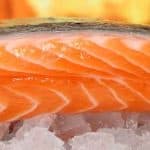 Here are 5 benefits of omega-3 fatty acids
Here are 5 benefits of omega-3 fatty acids What is DNA testing?
What is DNA testing?- A beginner’s guide to a healthy vegan diet
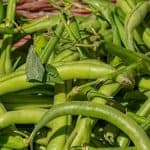 Vegan Protein: does a plant-based diet provide sufficient protein?
Vegan Protein: does a plant-based diet provide sufficient protein?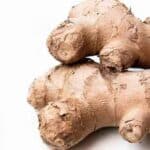 Anti-Inflammatory Foods
Anti-Inflammatory Foods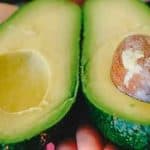 The Best Plant-Based Protein
The Best Plant-Based Protein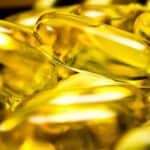 Vitamin B12
Vitamin B12
Search
Useful links
